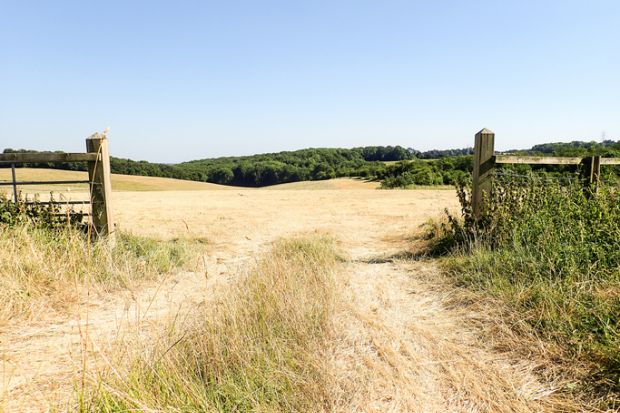Schools in the UK’s rural and coastal communities should receive additional, ring-fenced funding to help pupils from lower socio-economic backgrounds access higher education, according to a new report.
The report published on 12 February by The Bridge Group, a charitable research consultancy, says schools in sparsely populated areas need this extra funding to address the additional costs they face supporting progression to further and higher education.
Although there has been a welcome push in recent years to improve widening participation in higher education, the interventions often disregard the dispersed nature of rural poverty and the fact that pupils from lower socio-economic backgrounds in rural areas have weaker levels of attainment compared with their urban peers, the report says.
“At every stage, schools in isolated communities face increased costs per pupil and they are limited in the array of the additional activities they can offer,” Sarah Dauncey, head of policy at The Bridge Group, said. This included attracting higher education providers to the school or even taking pupils on meaningful school trips, she said.
Dr Dauncey said addressing the problem was also about understanding where pupils in rural areas live and how their distance from school affects their capacity to take part in extracurricular activities, such as university-led widening participation events that take place after school or at weekends. “Because those pupils have to be on that bus at 3.30pm to get home and that affects their ability to take part,” she said.
Universities also needed to “rural-proof” their policies and interventions to ensure they are accessible to remote pupils, Dr Dauncey said.
The report recommends that higher education institutions improve their understanding of the geographical distribution of their outreach activities, particularly those that aim to raise attainment and promote progression. “We need to better understand the way that each higher education institution spends its widening participation budget in terms of place,” the report says.
Students from lower socio-economic backgrounds who live in remote areas are deprived of the option to commute to higher education, making their decision-making process much more complex, the report adds.
It also says that the prevailing model of social mobility places “too much” emphasis on supporting high-achieving young people to leave their local area for higher education and to then secure a graduate job. This approach leaves rural communities and economies with a dearth of highly talented young people.
“It's great that high mobility students leave Great Yarmouth and go to Oxford or LSE, but that’s great for them but not great for Great Yarmouth,” Dr Dauncey said. “We need a social mobility narrative that keeps in mind that the success of a small group of individuals from lower-socio economic backgrounds who might get to elite universities isn't necessarily helpful for thinking about regional economic equality.”
Register to continue
Why register?
- Registration is free and only takes a moment
- Once registered, you can read 3 articles a month
- Sign up for our newsletter
Subscribe
Or subscribe for unlimited access to:
- Unlimited access to news, views, insights & reviews
- Digital editions
- Digital access to THE’s university and college rankings analysis
Already registered or a current subscriber?








